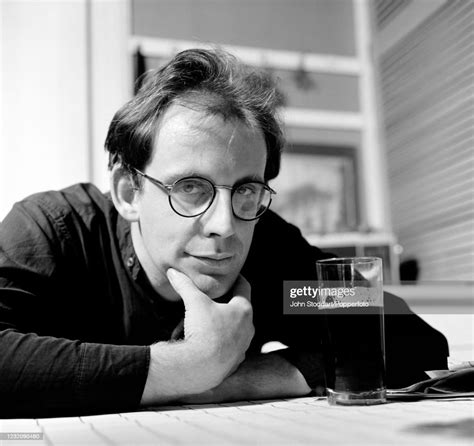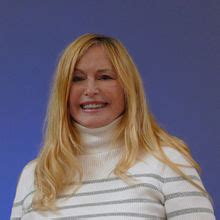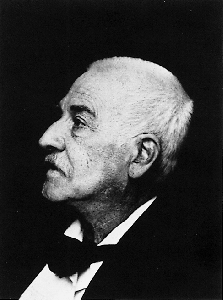A Quote by W. G. Sebald
The Noonday Demon explores the subterranean realms of an illness which is on the point of becoming endemic, and which more than anything else mirrors the present state of our civilization and its profound discontents. As wide-ranging as it is incisive, this astonishing work is a testimony both to the muted suffering of millions and to the great courage it must have taken the author to set his mind against it.
Related Quotes
Man is suddenly becoming aware that by an ill-considered exploitation of nature he risks destroying it and becoming in his turn the victim of this degradation. Not only is the material environment becoming a permanent menace - pollution and refuse, new illness and absolute destructive capacity - but the human framework is no longer under man's control, thus creating an environment for tomorrow which may well be intolerable. This is a wide-ranging social problem which concerns the entire human family.
The second noble truth states that we must discover why we are suffering. We must cultivate the courage to look deeply, with clarity and courage, into our own suffering. We often hold the tacit assumption that all of our suffering stems from events in the past. But, whatever the initial seed of trauma, the deeper truth is that our suffering is more closely a result of how we deal with the effect these past events have on us in the present.
If an American is to amount to anything he must rely upon himself, and not upon the State; he must take pride in his own work, instead of sitting idle to envy the luck of others. He must face life with resolute courage, win victory if he can, and accept defeat if he must, without seeking to place on his fellow man a responsibility which is not theirs.
I have been too long acquainted with human nature to have great regard for human testimony; and a very great degree of probability, supported by various concurrent circumstances, conspiring in one point, will have much greater weight with me, than human testimony upon oath, or even upon honour; both of which I have frequently seen considerably warped by private views.
It is not the willingness to kill on the part of our soldiers which most concerns me. That is an inherent part of war. It is our lack of respect for even the admirable characteristics of our enemy; for courage, for suffering, for death, for his willingness to die for his beliefs, for his companies and squadrons which go forth, one after another, to annihilation against our superior training and equipment.
Our world is in profound danger. Mankind must establish a set of positive values with which to secure its own survival. This quest for enlightenment must begin now. It is essential that all men and women become aware of what they are, why they are here on Earth and what they must do to preserve civilization before it is too late.
You've been somebody long enough. You spent the first half of your life becoming somebody. Now you can work on becoming nobody, which is really somebody. For when you become nobody there is no tension, no pretense, no one trying to be anyone or anything. The natural state of the mind shines through unobstructed - and the natural state of the mind is pure love.
Originally the structure was . . . a modern narrator who would appear intermittently and talk about his memories of his grandmother, which would then be juxtaposed against scenes from the past. But the stories from the past were always more interesting that the things in the present. I find this almost endemic to modern plays that veer between past and present. . . . So as we've gone on developing GOLDEN CHILD, the scenes from the past have become more dominant, and all that remains of the present are these two little bookends that frame the action.
The error of Socrates must be attributed to the false notion of unity from which he starts. Unity there should be, both of the family and of the state, but in some respects only. For there is a point at which a state may attain such a degree of unity as to be no longer a state, or at which, without actually ceasing to exist, it will become an inferior state, like harmony passing into unison, or rhythm which has been reduced to a single foot. The state, as I was saying, is a plurality which should be united and made into a community by education
Testimony is the beginning of and a prerequisite to continuing conversion. Testimony is a point of departure; it is not an ultimate destination. Strong testimony is the foundation upon which conversion is established. Testimony alone is not and will not be enough to protect us in the latter-day storm of darkness and evil in which we are living.
In point of fact there are a certain number of values and of forces which are of decisive importance in our world civilization: the primacy of production, the continual growth of the power of the State and the formation of the National State, the autonomous development of technics, etc. These, among others - far more than the ownership of the means of production or any totalitarian doctrine - are the constitutive elements of the modern world. So long as these elements continue to be taken for granted, the world is standing still.
To each eye, perhaps, the outlines of a great civilization present a different picture. In the wide ocean upon which we venture, the possible ways and directions are many; and the same studies which have served for my work might easily, in other hands, not only receive a wholly different treatment and application, but lead to essentially different conclusions.






































